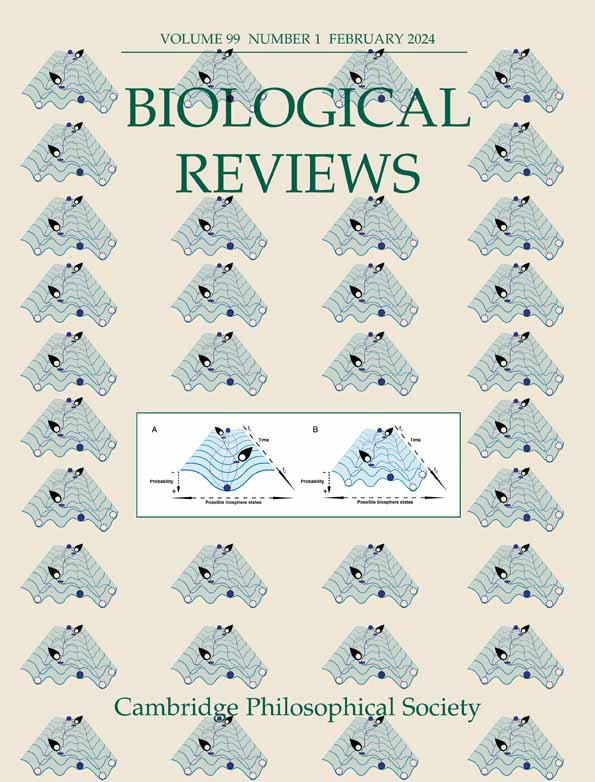Unveiling the resistance of native weed communities: insights for managing invasive weed species in disturbed environments
Abstract
Weed communities influence the dynamics of ecosystems, particularly in disturbed environments where anthropogenic activities often result in higher pollution. Understanding the dynamics existing between native weed communities and invasive species in disturbed environments is crucial for effective management and normal ecosystem functioning. Recognising the potential resistance of native weed communities to invasion in disturbed environments can help identify suitable native plants for restoration operations. This review aims to investigate the adaptations exhibited by native and non-native weeds that may affect invasions within disturbed environments. Factors such as ecological characteristics, altered soil conditions, and adaptations of native weed communities that potentially confer a competitive advantage relative to non-native or invasive weeds in disturbed environments are analysed. Moreover, the roles of biotic interactions such as competition, mutualistic relationships, and allelopathy in shaping the invasion resistance of native weed communities are described. Emphasis is given to the consideration of the resistance of native weeds as a key factor in invasion dynamics that provides insights for conservation and restoration efforts in disturbed environments. Additionally, this review underscores the need for further research to unravel the underlying mechanisms and to devise targeted management strategies. These strategies aim to promote the resistance of native weed communities and mitigate the negative effects of invasive weed species in disturbed environments. By delving deeper into these insights, we can gain an understanding of the ecological dynamics within disturbed ecosystems and develop valuable insights for the management of invasive species, and to restore long-term ecosystem sustainability.

 求助内容:
求助内容: 应助结果提醒方式:
应助结果提醒方式:


